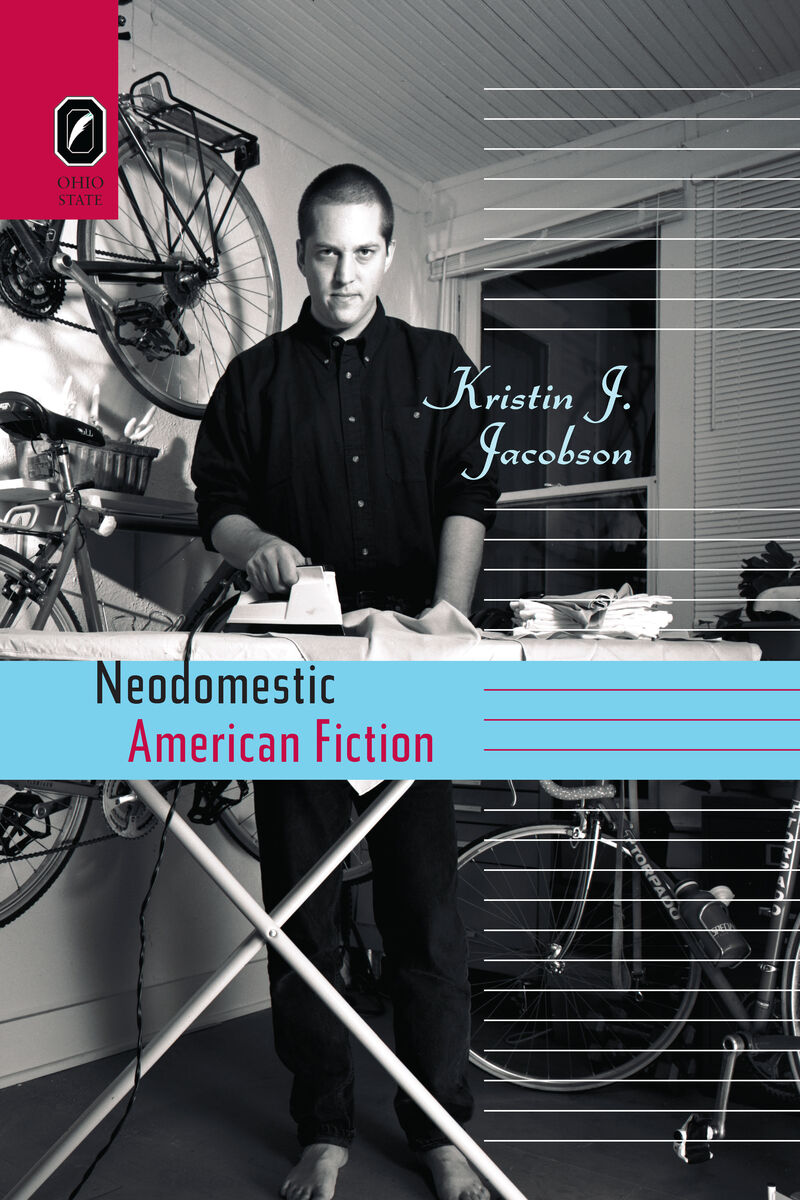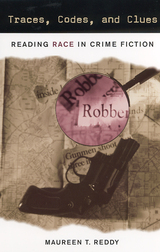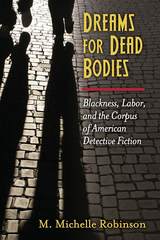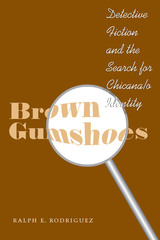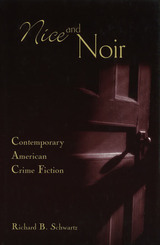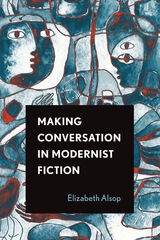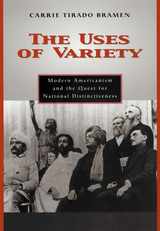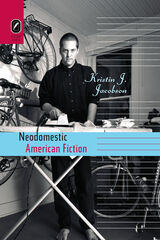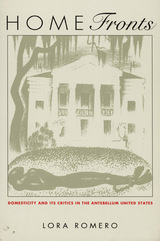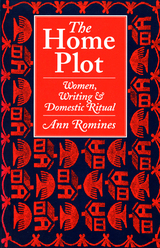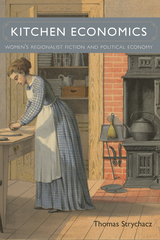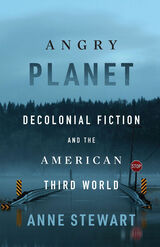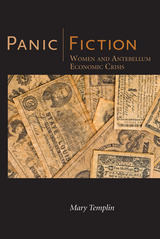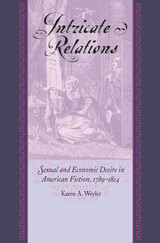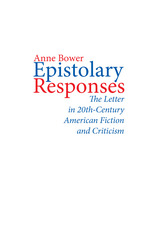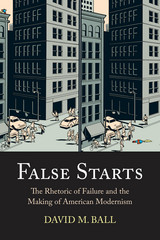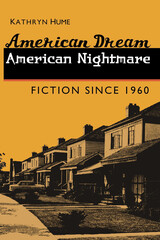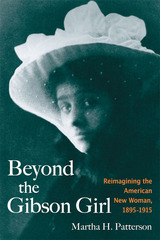Neodomestic American Fiction
The Ohio State University Press, 2010
eISBN: 978-0-8142-7096-7 | Cloth: 978-0-8142-1132-8 | Paper: 978-0-8142-5646-6
Library of Congress Classification PS374.D57J33 2010
Dewey Decimal Classification 813.609355
eISBN: 978-0-8142-7096-7 | Cloth: 978-0-8142-1132-8 | Paper: 978-0-8142-5646-6
Library of Congress Classification PS374.D57J33 2010
Dewey Decimal Classification 813.609355
ABOUT THIS BOOK | AUTHOR BIOGRAPHY | REVIEWS | TOC
ABOUT THIS BOOK
In American literature, domestic fictions—that is, novels focused on the home and homemaking—are linked with white, middle-class women’s fiction and culture. Employing a spatial lens, Neodomestic American Fiction joins and extends other studies in redefining domestic fiction’s literary history and definition. Unlike previous redefinitions and reevaluations, Neodomestic American Fiction reads domestic novels alongside feminist geography and architectural history to map the links and disjunctions among a range of authors writing during the same period as well as across centuries and cultures. Kristin Jacobson’s attention to domestic geographies reveals a new space and subgenre emerge in the 1980s: neodomestic fiction.
In this innovative study, Kristin Jacobson identifies over thirty novels that renovate traditional forms, therefore challenging model domesticity’s conservative gender, racial, and sexual politics. Rather than produce stable single-family homes, neodomestic fictions advance a politics of instability characterized by mobility, renovation and redesign, and relational space. These “alternative” domesticities—when read in the context of neodomestic fiction—are not marginal but rather central to domesticity’s configurations. Such resistance, as Iris Marion Young argues, “is integral to modern political theory and is not an alternative to it.”
Thus, this spatial analysis of post-1980 domestic novels does not indicate a post-feminist or post-gender world. Rather, neodomestic fiction’s heterogeneous, unstable spaces offer opportunities to examine contemporary hierarchies and experiment with more egalitarian homemaking. These fictions include Toni Morrison’s Paradise, Barbara Kingsolver’s The Poisonwood Bible, Leslie Marmon Silko’s Gardens in the Dunes, and Chang-rae Lee’s A Gesture Life.
See other books on: American fiction | Criminology | Domestic fiction, American | Home in literature | Italy
See other titles from The Ohio State University Press
